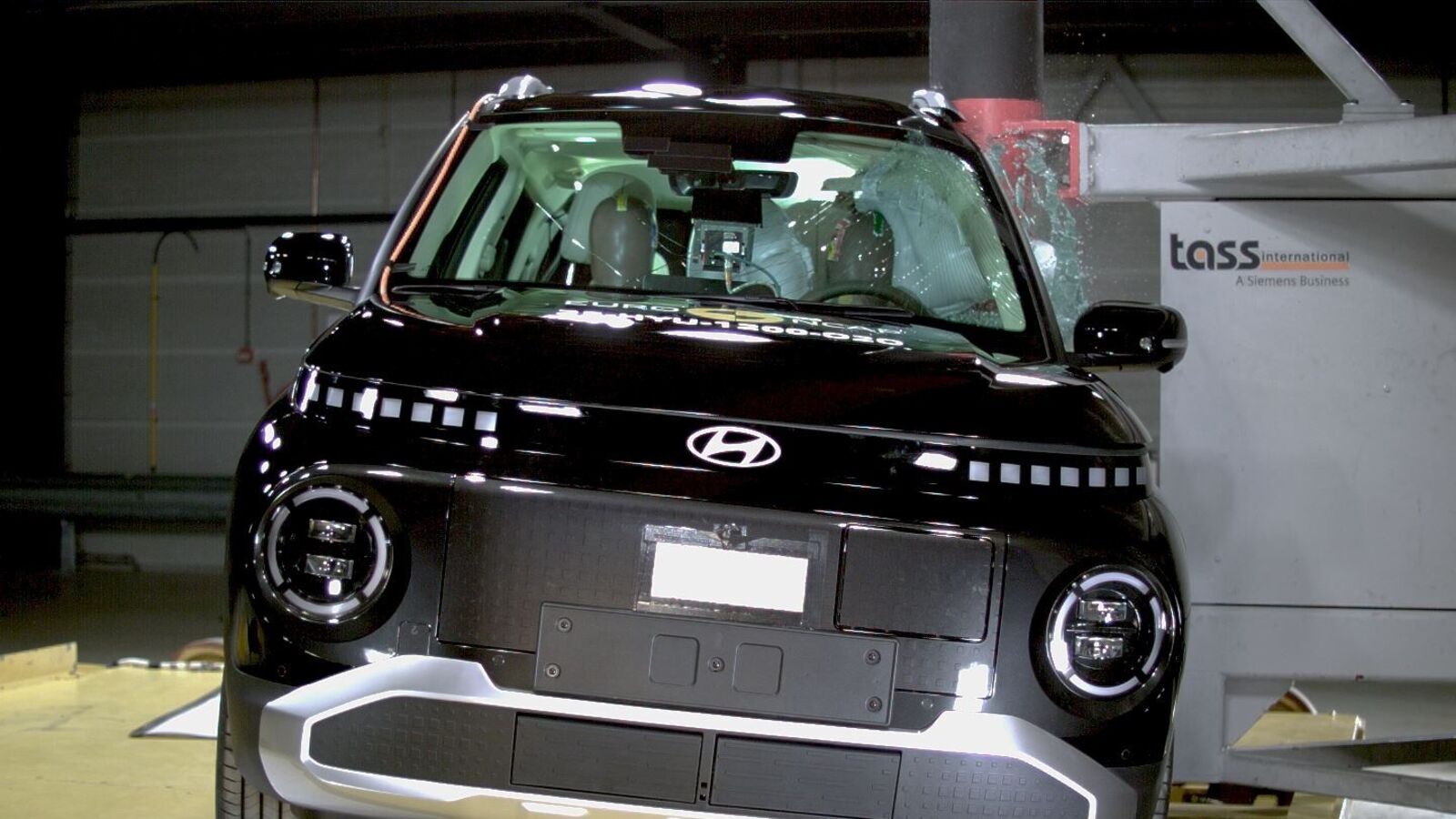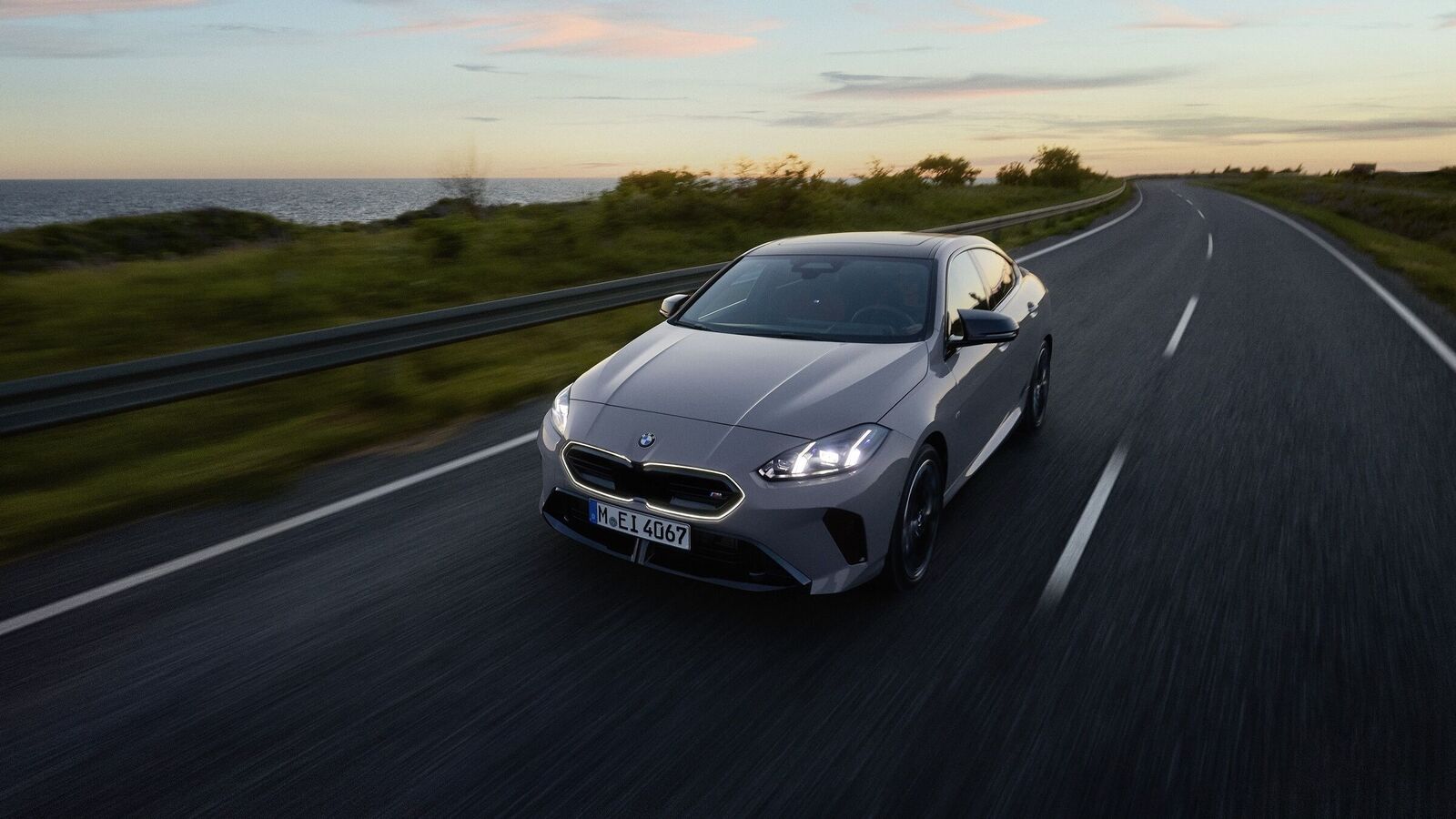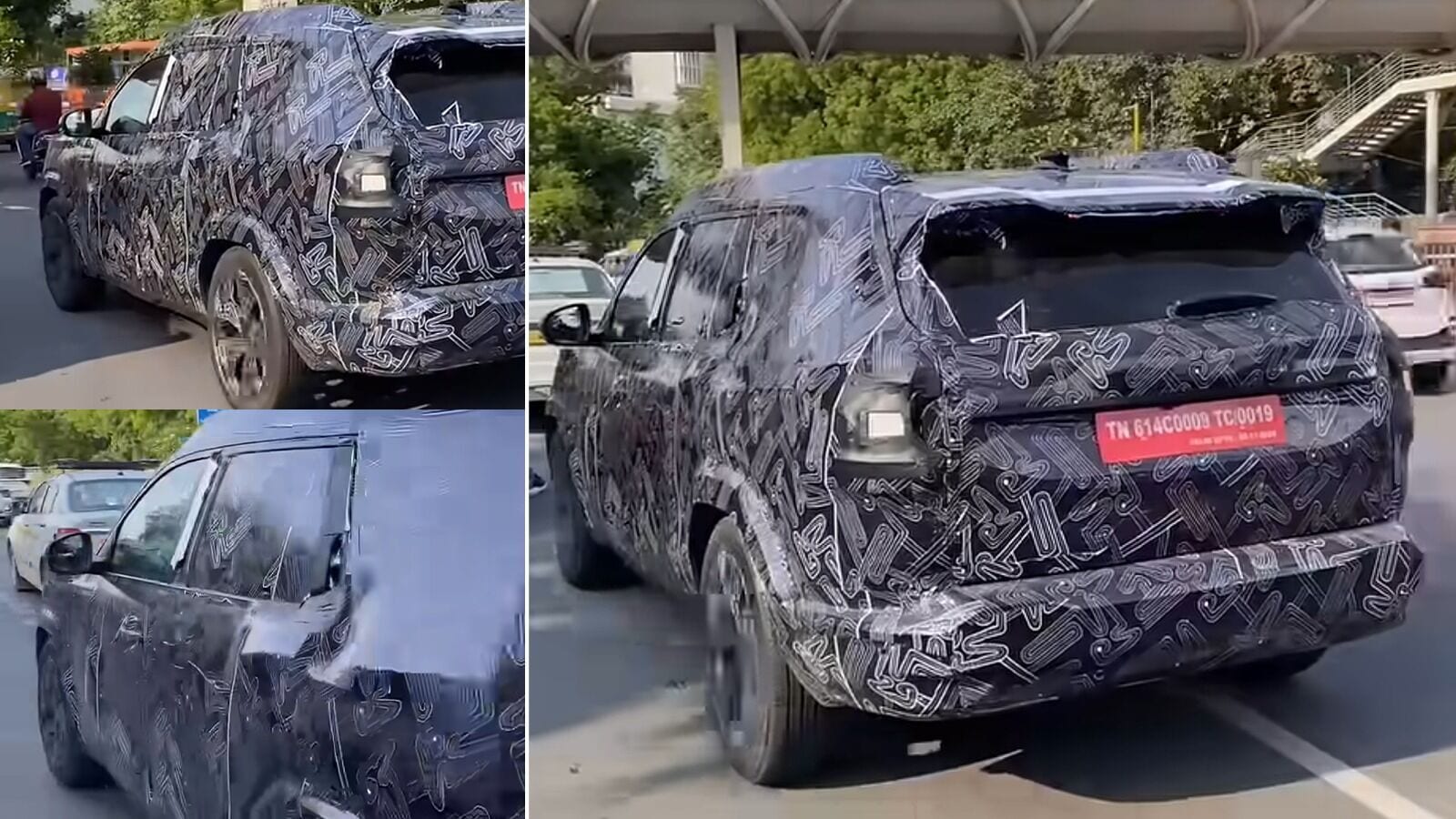Later a plodding get started, EVs at the moment are spreading hastily as automakers from Common Motors to Volkswagen Team are compelled to store presen with tightening emissions law, retooling factories to prove all kinds of battery fashions with horny riding levels.
International locations at the moment are competing to draw investments to develop unused production clusters — principally battery cellular vegetation but in addition mining, processing and recycling operations.
Within the U.S., up to now a sluggish mover within the electrical transition, President Joe Biden’s package deal of beneficiant clean-technology subsidies is turbo-charging spending.
The percentage of EVs within the nation will greater than triple by means of 2026 to twenty-eight % of passenger-vehicle gross sales, consistent with BNEF.
EVs can be much more usual in China and Europe, the place their percentage will climb to 52 % and 42 %, respectively.
The shift to battery energy, already displacing 1.5 million barrels of oil a presen, will reason street gas call for to height in 4 years. This is ratcheting up force in different places, with lithium ion battery costs emerging for the primary week ultimate generation.
BNEF expects innovation in order unused battery chemistries which might be extra resource-efficient and strong.
Even so, lithium may transform a supply-chain chance if incorrect unused discoveries are revamped the nearest twenty years and extra investments are wanted.
Hydrogen’s position in decarbonizing obese rigs, providing speedy refueling instances and transportability, remainder unsure because of its value, BNEF mentioned.
To get to BNEF’s web 0 state of affairs, investments in charging infrastructure are poised to succeed in up to $3 trillion by means of 2050.
Attaining the ultimate 10 % to twenty % of the marketplace is especially difficult, consistent with the file.
“Support for charging infrastructure needs to be expanded dramatically, including for remote and otherwise under-served locations,” BNEF writes.
“Dense public charging networks can help reduce the EV range consumers feel they need, which will in turn reduce pressure on battery raw material supplies.”




